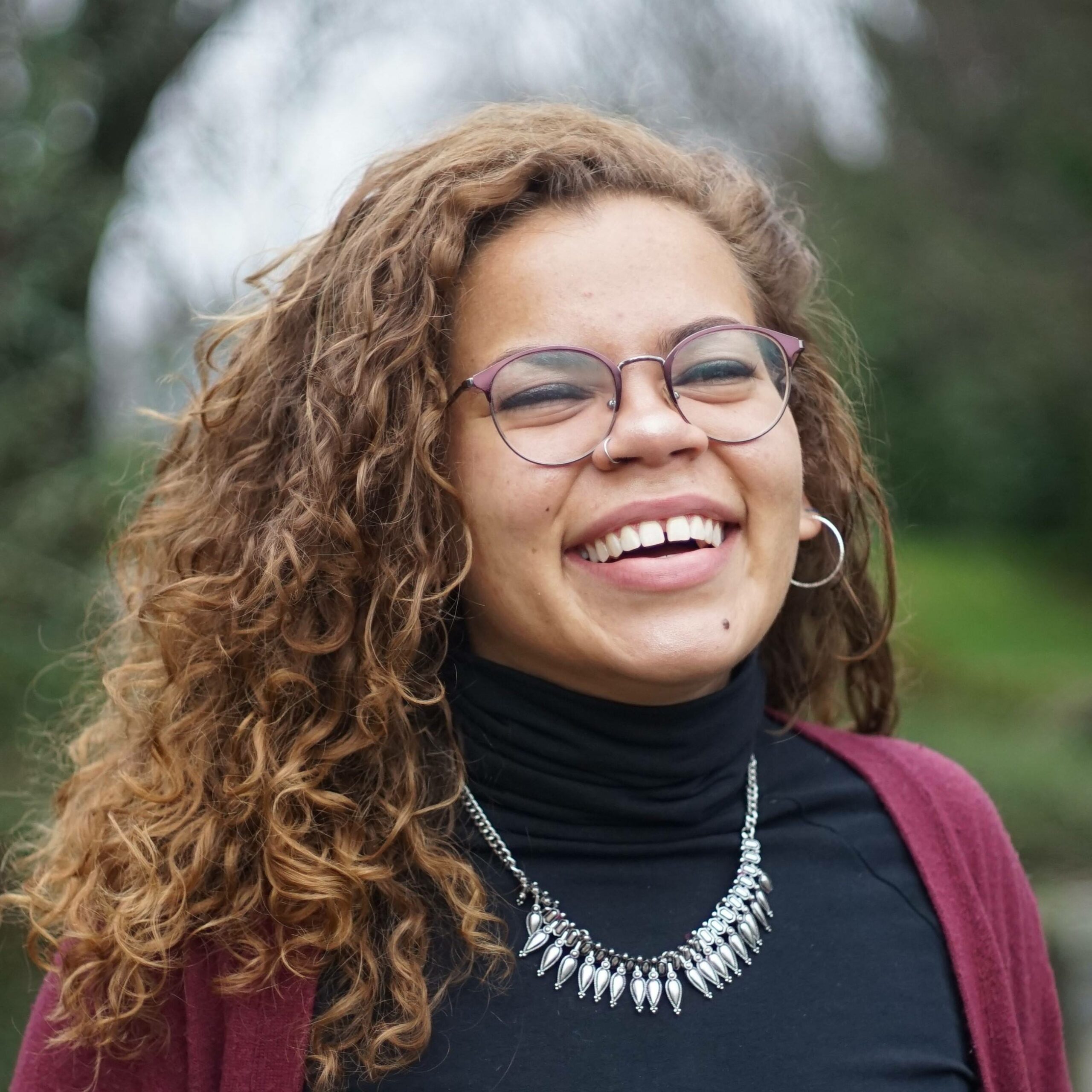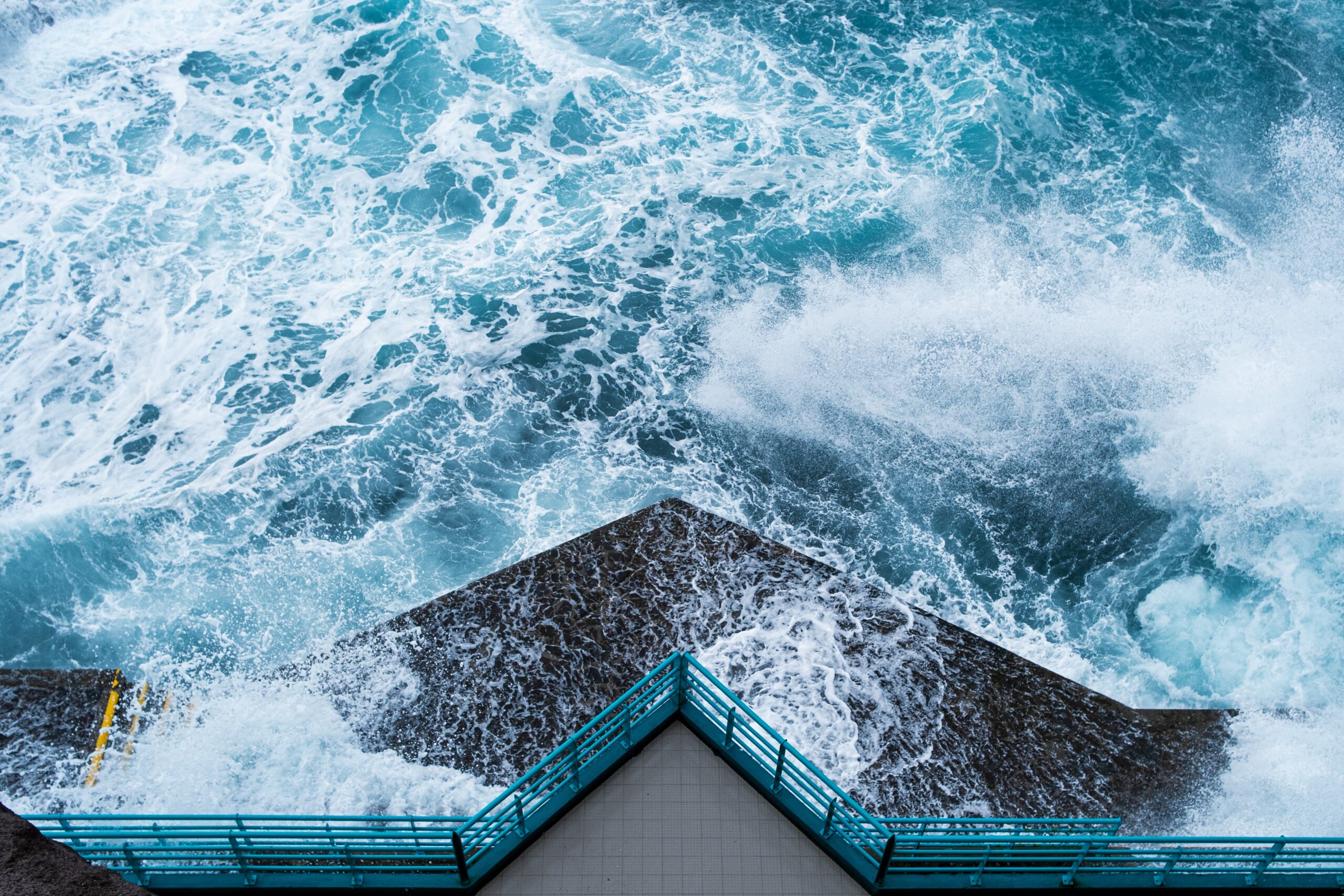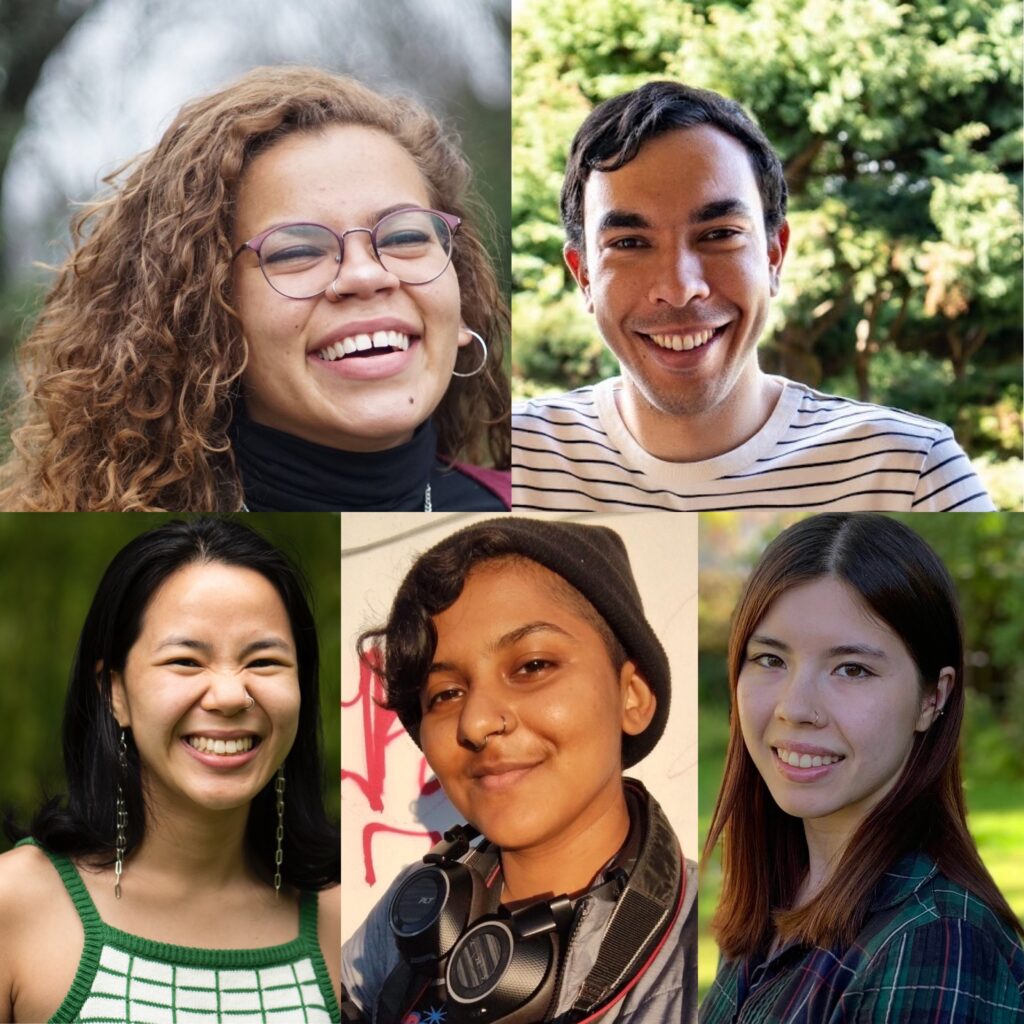Adriana Laurent (AL): This is kind of almost like, quote unquote, my origin story when it comes to my work on climate change.
Science World (SW): At the age of 4, Adriana Laurent lived through Hurricane Mitch when it struck her coastal town in Central America, forcing her family to evacuate in the night.
AL: The flooding was so powerful, and the river was so swelled up from all the water from the hurricane, that one of the bridges actually fell. My family, we were all together, which was a huge privilege, but there were also families and communities who were disconnected because the bridge fell who were not able to see their loved ones for some time after the hurricane because the bridge fell and had to be reconstructed.
SW: Hurricane Mitch killed 11,000 people, making it the deadliest on record in Central America. From that point on, Adriana keenly observed how natural world’s direct impact on communities. And, at the age of 10, a science fair project kickstarted her scientific interest in climate.
AL: I created these tiny little houses, and I would just change the roof, the color of the roof. So, some roofs were white, some roofs were black, some roofs were green, and I just thought it was really interesting that the white ones had lighter temperatures versus the roofs that had a darker color were a lot hotter at the end of the day. So, I thought that was something that was really interesting to me. And I was like, “Oh, that's so fascinating.” It made me really interested to learn more about why that happens and the heating and cooling of buildings.
SW: Adriana graduated from the land and food systems program at UBC where she co-founded the Climate Hub. Today, she works as a campaigner dedicated to cultivating collective action around food systems, social justice and climate issues.
AL: I think it's really important for people all over the world and in Canada as well to have a baseline understanding of science in general. But also, the other part of it too--and this is the part where I think the pandemic has taught me a lot--is the importance of being able to communicate science to a wider audience. Trying to explain to folks and explain the science and explain the dire situation that we are in and demonstrate with scientific facts that we are actually in an emergency. This is not a faraway problem that we need to deal with 20, 30 years from now. It's a problem that we are facing now, that we need to deal with now. Being able to communicate that and communicate the science behind this in a way that's effective, but also doesn't terrify people or paralyze people from taking action, I think is such a difficult thing to be able to do.
SW: It’s a huge challenge, and Adriana points to one group in particular who she says are capable of taking it on.
AL: Youth are doing amazing work when it comes to climate. Like, I think so many young folks are really stepping up and trying to create the world that we want to see. Doing the work of facing climate science straight in the face and saying we will work on this, we can do this, can sometimes feel a little bit overwhelming. One of the things, one of the key messages that I think is so important when it comes to climate is that individual action can only take us so far. I think the really big thing is that collective action and movement building is actually what's going to help us move forward.
SW: And when it comes to collective action, Adriana says days like LBGTQ+STEM Day help bring everyone to the table.
AL: I think one of the beautiful things about science is that it gives you the space to be curious and to ask questions, and to have the time to explore those curiosities through science. And I think that is currently a privilege, but it really shouldn't be. So, I think to me, what LGBTQ+STEM Day means, is just having space for folks who have been denied access to these spaces and denied access to these resources, to have that space to explore and to be curious and to ask questions.
SW: This curiosity and asking questions Adriana says is important to maintain, though it can be difficult in the fact of climate disaster.
AL: Sometimes it's hard to see the impact because we're talking about just these enormous problems. Sometimes it can feel a little bit overwhelming, but the beauty of it all is knowing that we're not--that I'm not--doing any of this alone, and that there's a whole community of people who also care about this, who are also doing this work all over the world. There's so much growth and potential that we can achieve together. So, just a moment to reflect on how far we've come.


